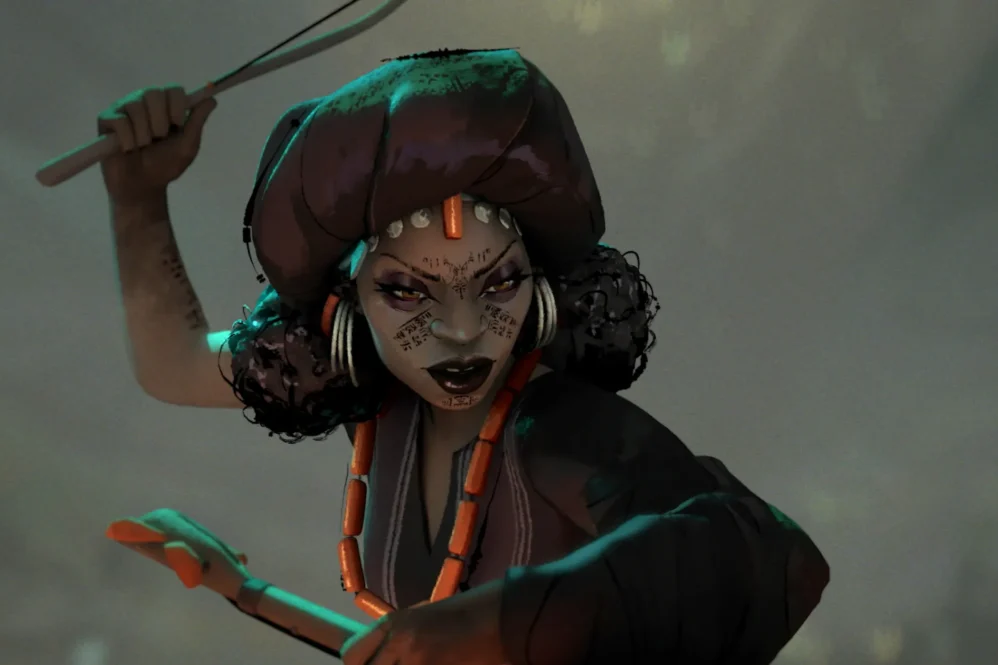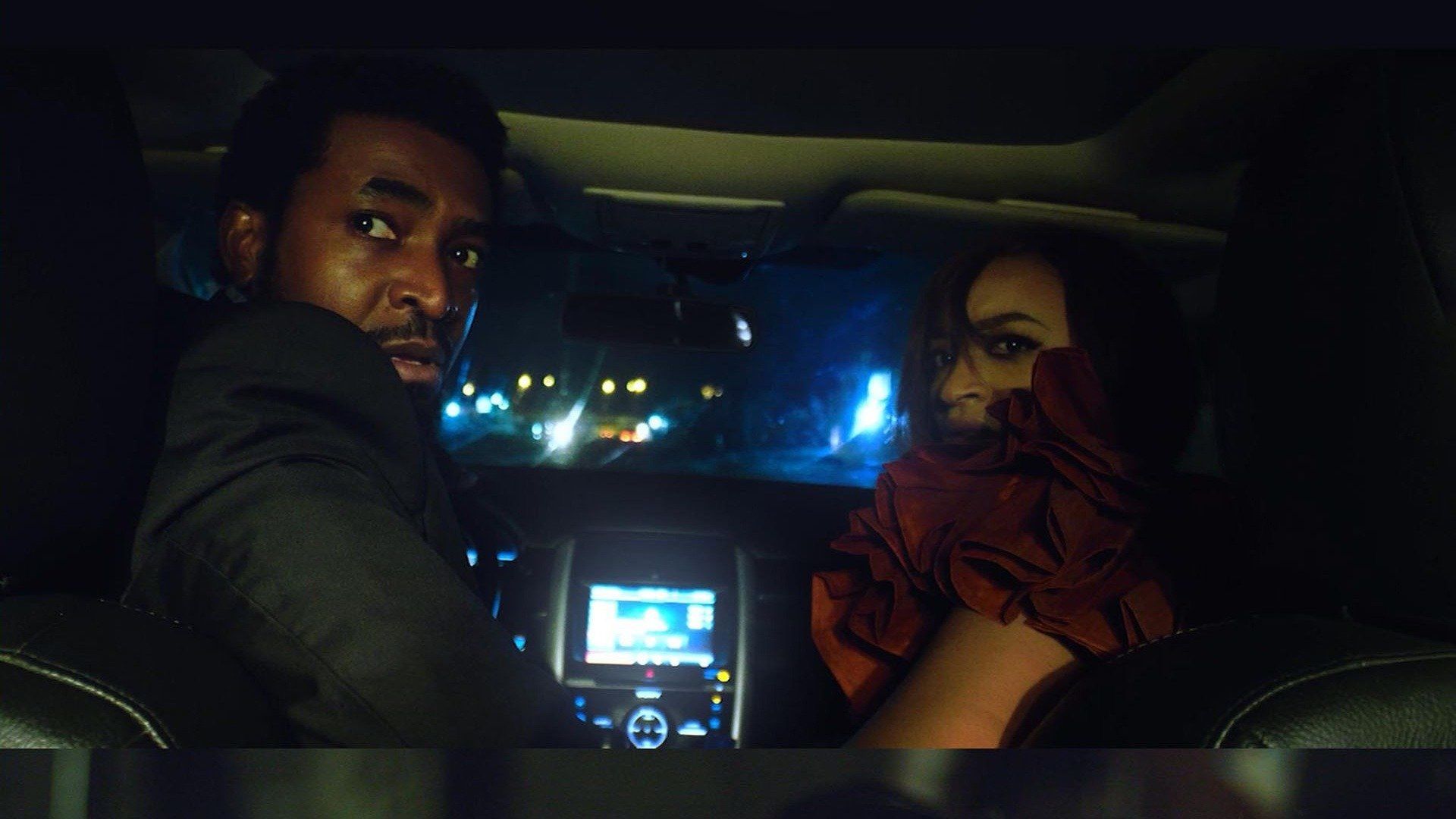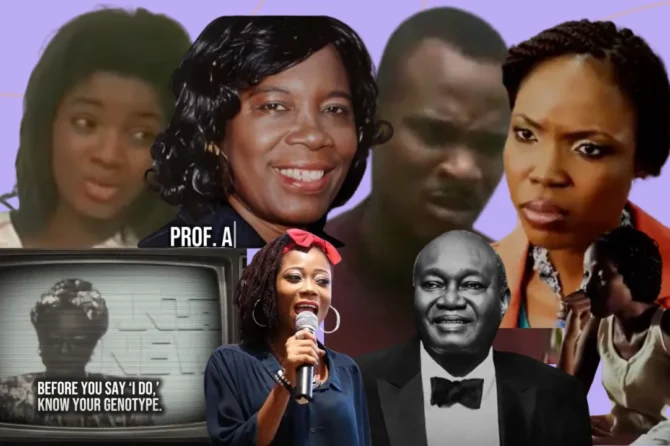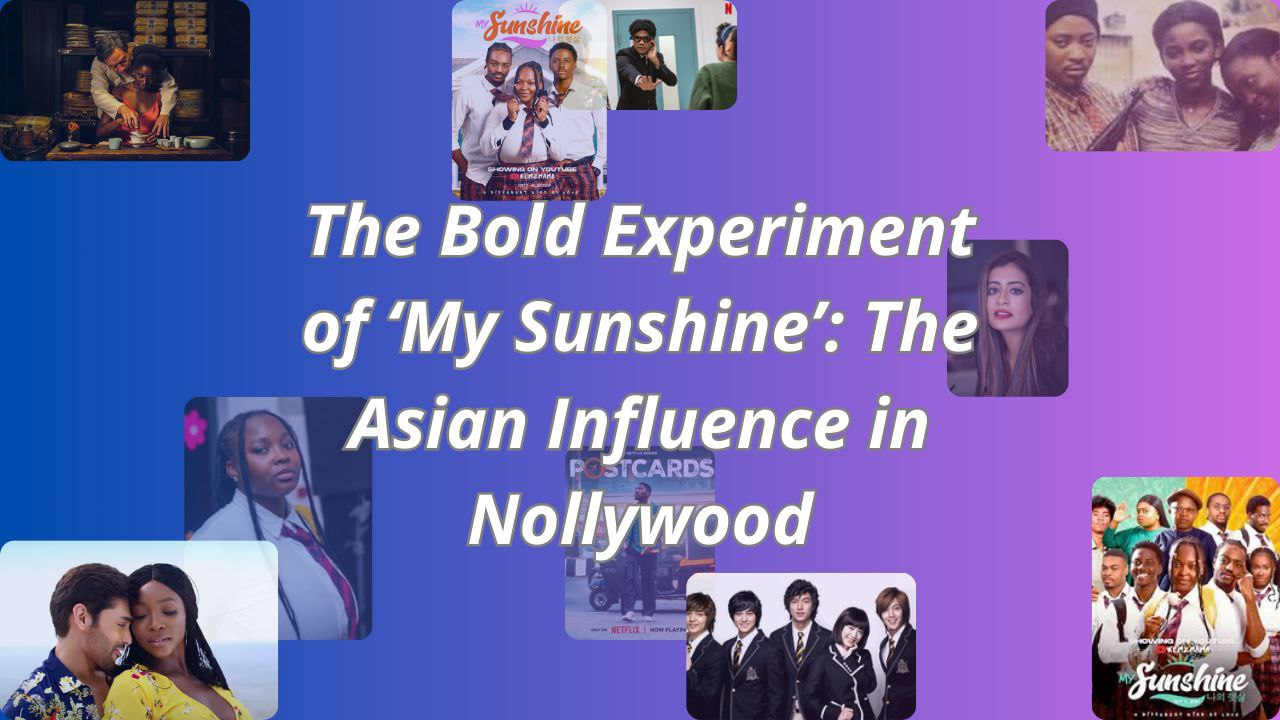African animators and studios in recent years have increasingly turned to audiences and crowdfunding to move their animated projects forward.
The latest example is Crocodile Dance, an African futurist animated thriller inspired by the Mami Wata legend, whose Kickstarter campaign launched on November 11, 2025. The film, written and co-directed by Emmy and Annie-nominated director Shofela Coker (Disney’s Kizazi Moto — Moremi) and Annie Award-winning filmmaker Nadia Darries (Star Wars: Visions – Aau’s Song), aims to raise funds to produce a high-quality animated proof-of-concept that will open up an opportunity to financing for a full feature.
(Click to Follow the What Kept Me Up channel on WhatsApp)
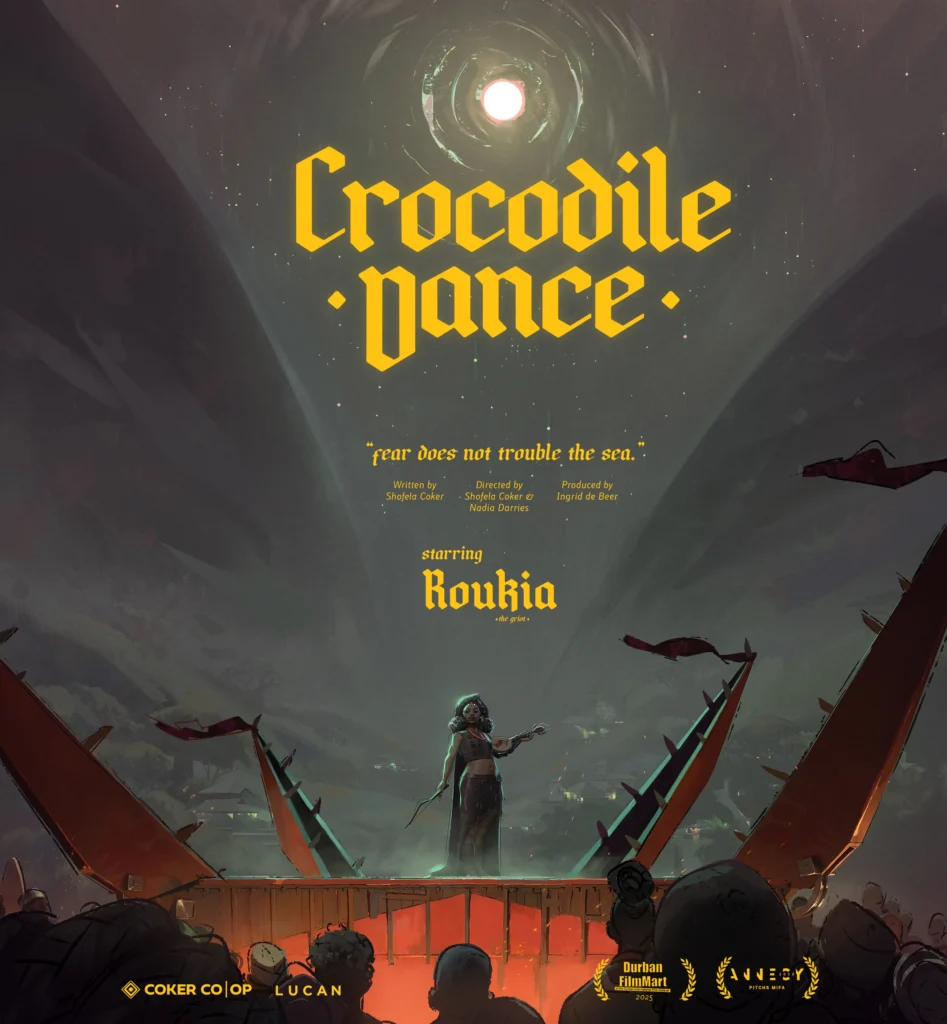
Crocodile Dance is set in Itesi, a neon-lit coastal world inspired by Lagos and Badagry, and follows Roukia, a silenced Hausa griot who learns that her husband’s bloodline is cursed to feed the water goddess Mami Wata every generation. To save her family, she must reclaim her voice, reconnect with her music and confront the spirit herself. “Just like Frankenstein shaped the legend of the Golem, we hope Crocodile Dance will introduce the origin story of the most feared and respected African supernatural being — Mami Wata,” Coker said in a press statement.
Even before crowdfunding, Crocodile Dance has received attention from both local and international festivals and markets. It has won Best Performance Prize at Annecy MIFA (France), Best Animation Pitch at the Création Africa Forum (Lagos) and Best Animation Project at the Durban FilmMart NFVF Awards (South Africa). Backers of the Kickstarter campaign will receive rewards such as behind-the-scenes access, digital art books, original music, limited collectibles and executive producer credits at higher tiers. “This story of spirits, identity and transformation needs partners who not only believe in its beauty but in its boldness,” says producer de Beer.
Produced by Ingrid de Beer (Kizazi Moto: Moremi) of Lucan Animation in Cape Town, with music by Nathan Miniere (My Life as a Courgette – Stage Version), the wider creative team includes story consultant Ummi Yakubu (4th Republic), production designer Harrison Yinfaowei (Kizazi Moto: Moremi), executive producer Shobo Coker (Bronze Faces) and consulting producer Peter Ramsey (Spider-Man: Into the Spiderverse).
This move toward crowdfunding isn’t happening in isolation; other African animated films have already tested this path and shown that audiences are ready to support stories they care about. This year, two landmark crowdfunding campaigns have already pointed in this direction.
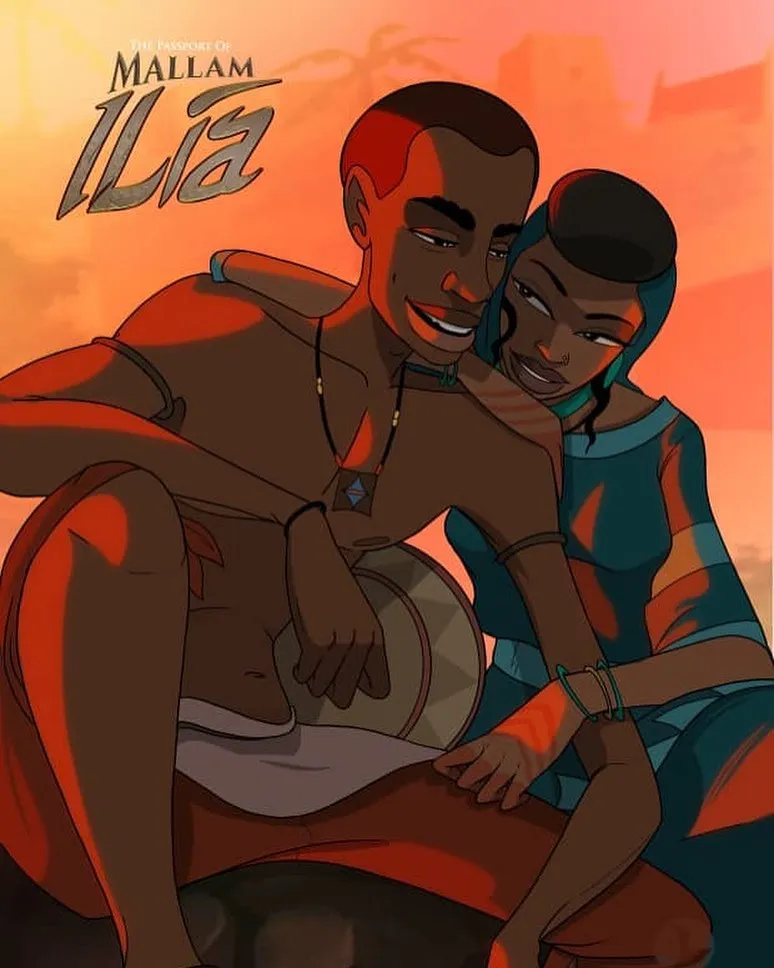
In Nigeria, Magic Carpet Studios has spent several years developing Chekwube Okonkwo-directed The Passport of Mallam Ilia, a 2D animated adaptation of Cyprian Ekwensi’s classic northern novel. The studio released a first-look teaser earlier this year, and although the project has not been funded through a single Kickstarter campaign, the team has used community-backing platforms such as Wefunder to bring in public investment and support. The project quickly gained support from fans at home and in the diaspora, showing that there is real demand for African animation rooted in literature, history and folklore.
In South Africa, a different kind of grassroots model emerged with Diprente Studios’ Naledi, an independent short 2D animated film directed by Lola Aikins that centres on sports, grief and a young athlete trying to rebuild her confidence. The film team turned to Kickstarter directly, offering backers rewards and production access while raising funds for animation and post-production.
Both The Passport of Mallam Ilia and Naledi are at different stages, one nearing final animation after years of work and community investment, the other still progressing from its crowdfunding push. Together, support for the animation industry is coming from fans, diaspora communities and everyday animation lovers who want to help animated African stories make it to the screen.
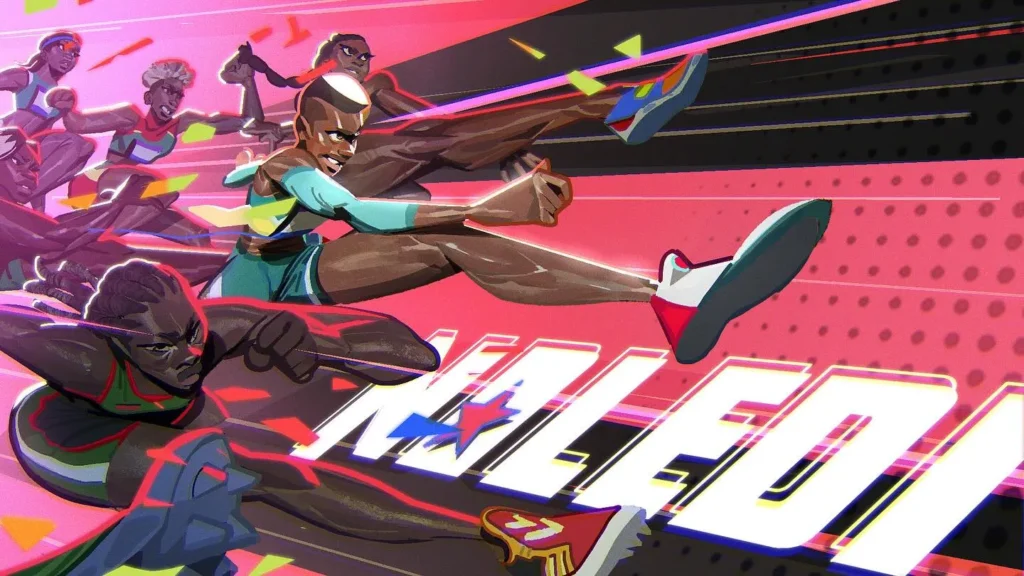
Some projects that attempted crowdfunding have had difficulty reaching their goals (or remain in pre-production), so “fully crowdfunded and completed and distributed” is still rare. However, in 2017-2018, Roye Okupe’s Malika: Warrior Queen went a bit further to fund an animated pilot; backers received a private streaming link, and the pilot was later made public (pilot released to backers July 24, 2019 and shown at festivals and later released on YouTube). This is the clearest example of an African animation that used crowdfunding and delivered a finished, released pilot.
The reasons for taking the crowdfunding route may vary from project to project, factors such as the high cost of animation and the fact that the sector is still relatively young and less supported than live-action filmmaking in Africa may be influencing why some creators are looking to crowdfund their stories to life.
Become a patron: To support our in-depth and critical coverage—become a Patron today!
Join the conversation: Share your thoughts in the comments section or on our social media accounts.

